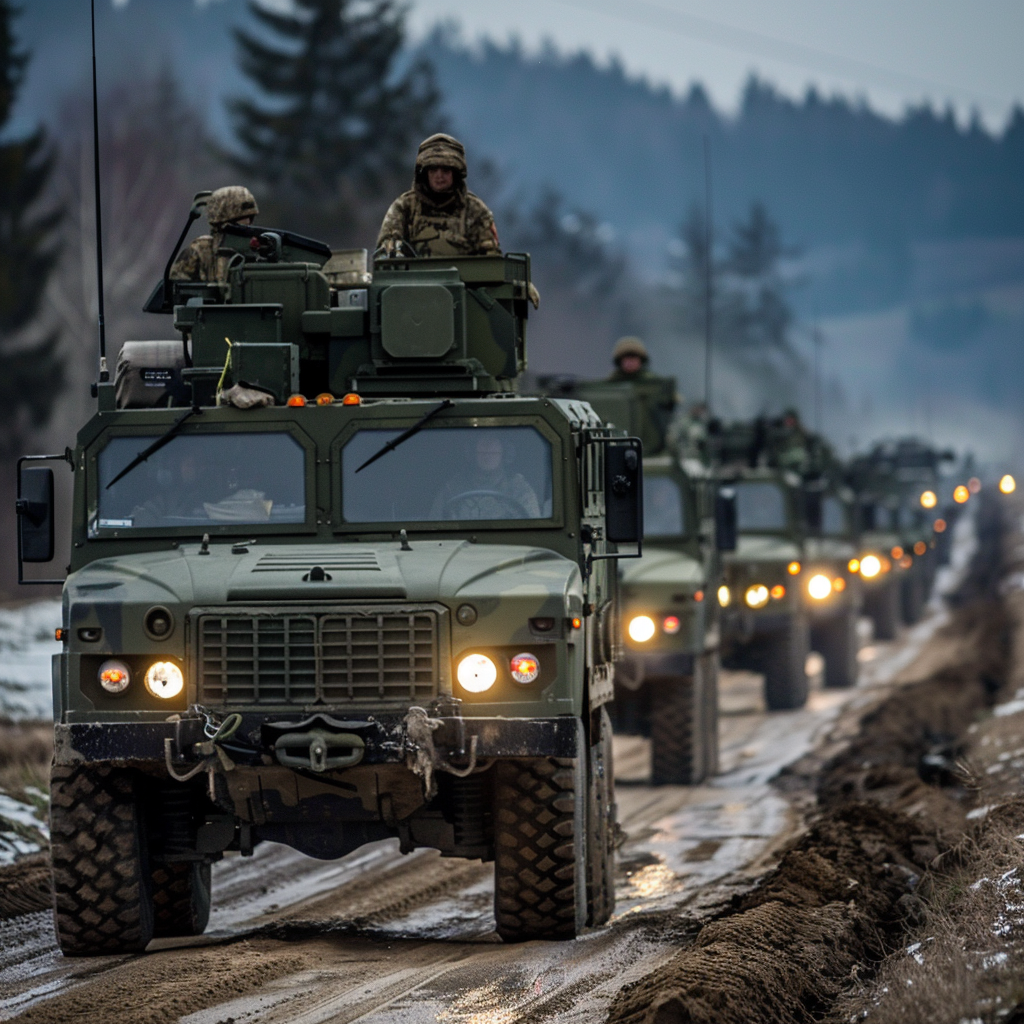The North Atlantic Treaty Organization (NATO), as a collective defense alliance, is perpetually in search of innovative technologies to enhance security, communication, and strategic operations. As we traverse 2024, two technological domains—blockchain and differential privacy—emerge as key enablers for NATO’s multifaceted applications.
Blockchain’s Defense Ledger:
The decentralized nature of blockchain offers a tamper-resistant and transparent system. For NATO, it presents an opportunity to record and authenticate transactions without central control points, minimizing vulnerabilities. This is particularly relevant for supply chain monitoring, where blockchain can ensure the authenticity and integrity of defense equipment, from manufacture to deployment.
Secure Communication Channels:
In military coalitions like NATO, secure communication is paramount. Blockchain can enhance cryptographic security during data transmission, ensuring only the intended recipients—whether they be allied forces, bases, or drones—access the transmitted information.
Differential Privacy for Intel:
Differential privacy introduces random “noise” into datasets, making it almost impossible to trace back specific data points to individuals. For NATO intelligence operations, this means the ability to share aggregated data insights without risking the exposure of confidential sources or mission-critical details. It safeguards the privacy of operations while allowing for collaborative data analysis among member nations.
Joint Military Exercises and Trainings:
NATO conducts regular joint military exercises among member nations. Using blockchain to log these activities ensures traceability and accountability. Moreover, with differential privacy, insights from these exercises can be shared across nations without revealing specifics that might compromise a country’s defense strategy or tactics.
Potential and Challenges Ahead:
While blockchain and differential privacy offer substantial advantages, their incorporation into NATO’s infrastructure isn’t without challenges. Integration with legacy systems, ensuring interoperability among diverse military tech platforms of member nations, and the education of personnel are just a few potential hurdles4. However, the rewards—enhanced security, communication, and strategic collaboration—make the pursuit worthy.
In conclusion, as NATO continues its role as a pivotal defense alliance in 2024, the synergy between blockchain and differential privacy could significantly elevate its operational efficiency and security. Through their strategic implementation, NATO stands to fortify its stance, ensuring a safer and more collaborative future for its member nations.







